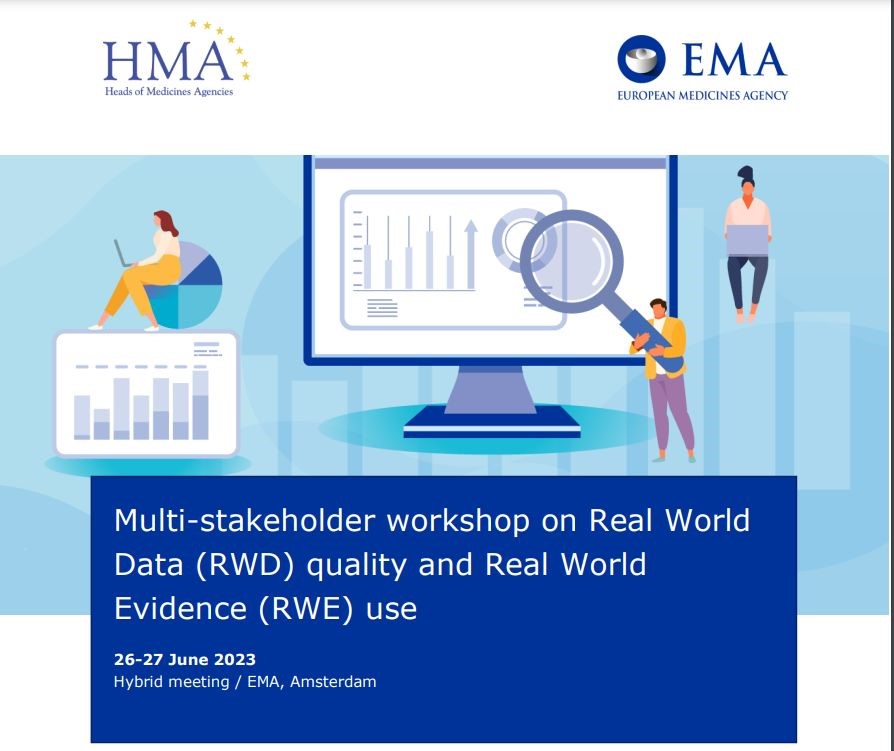Quantify Research recently joined regulators and industry in the EMA’s Multi-stakeholder workshop on Real World Data (RWD) quality and Real World Evidence (RWE) use.
???? ??????????? ??????? ?? ???? ??????????? ???? ???????. ????? ??????? ???? ???? ???:
⭐ Foundational: What is the process of generating, collecting and making available data together with the documentation of these steps?
⭐ Intrinsic: What can be derived from the dataset and how can these be assessed, independently from the generation of the data and the purpose of the study?
⭐ Question-specific: Which quality aspects of the dataset can only be assessed with a specific research question and method?
Further details will be outlined in the forthcoming EU Data Quality Framework document.
??? ?????? ????????????? ?????????, ?????????:
? Lars Wallentin, the founder SWEDEHEART, a Swedish Quality of care registry, presented how RCTs can be implemented in registries and the need to view RCTs and RWE as complementary sources of evidence, not alternatives. This sentiment was echoed by regulators at EMA.
? The Finnish Medicines Agency presented their pilot project which is run together with national data-holders to lay the foundation for generation of RWE which is fit-for-purpose for HTA bodies
??? ??? ????-???? ???????? ??? ????? ????????? ?? ??? ???????? ??? ????? ????:
? Frequent and transparent dialogue and interaction with regulators is key to build trust and raise awareness about the opportunities and limitations of RWD
? Given the lack of standardization of RWE and the heterogeneity of RWD quality, EMA must continue to support stakeholders with clear guidance on expectations for data quality assessments, self-explanatory checklist to operationalize EMA data quality frameworks and best practices
? RWE to support evaluation of medicines is evolving. To enable its use and establish its value will enhance a safer and more effective use of medicine for patients

